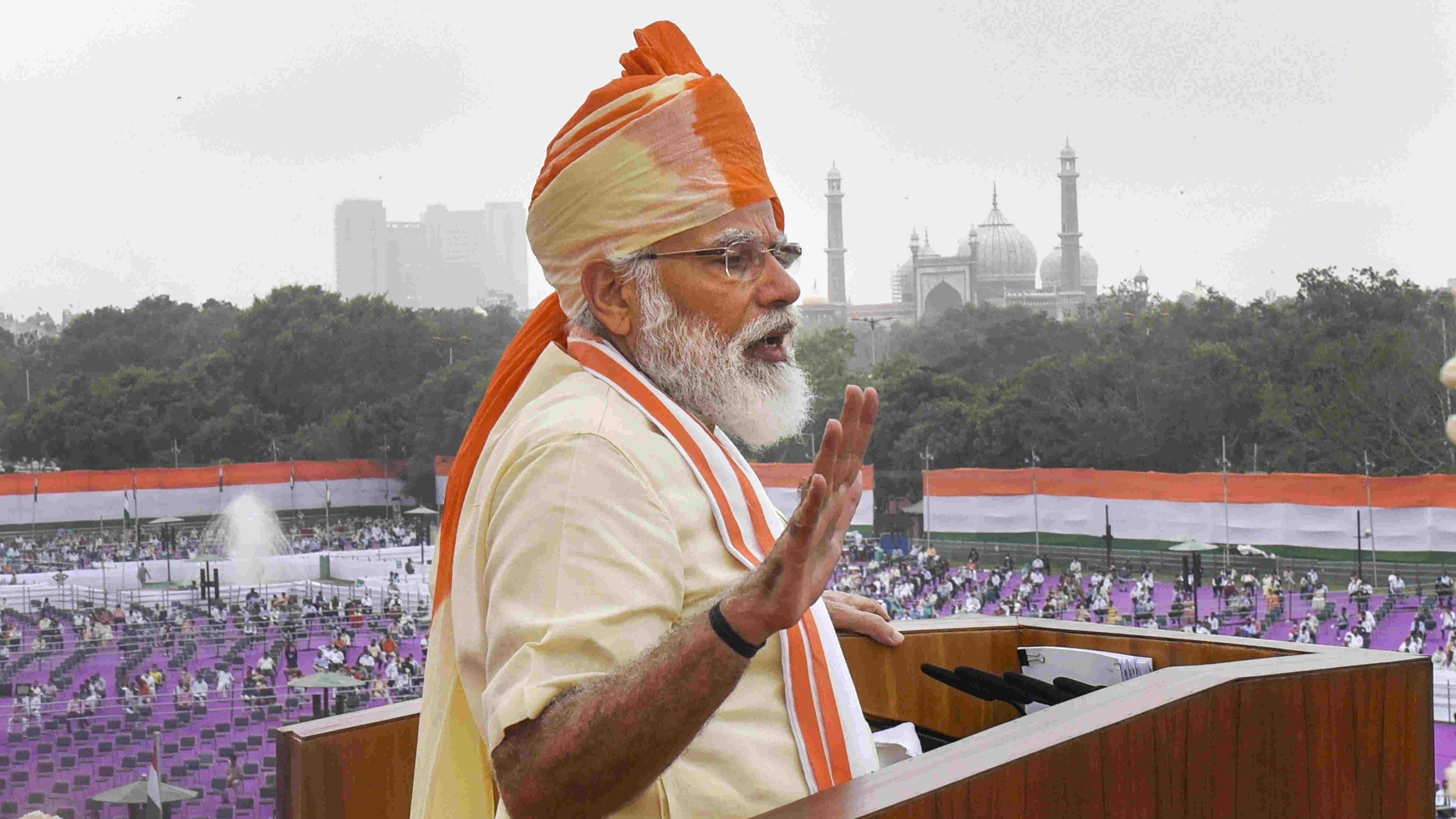Sir — On the occasion of India’s 74th Independence Day, the prime minister, Narendra Modi, had indicated that the government is mulling an upward revision of the legal age of marriage for women in India. The possible increase in legal age from the current 18 to 21 years would be a welcome step forward.
Some of the primary reasons why girls, especially in rural areas, are pressurized to tie the knot early include proper lack of education, social awareness and age-old norms that consider the female child to be a burden. Thus, along with an increase in the age bracket, the government must also work towards improving the level of education in females and, if necessary, provide them with requisite support and incentives. It will not only make women self-sufficient, but would also empower them to stand up for themselves, make better decisions for their family and equip them with the necessary knowledge — including family planning and childcare — to make a smooth transition into marital life.
On the other hand, if girls are married off young, they are far more likely to face emotional as well as physical abuse at the hands of their spouse or in-laws. Additionally, children born to mothers under the age of 20 are at higher risk of low birth weight and severe neonatal conditions. It is, thus, imperative that women marry only when they are both physically and emotionally ready.
M. Pradyu,
Kannur
Sir — While it is great that the government is considering a hike in the legal age of marriage for women in India, it must also be remembered that crimes against women are on the rise. According to government statistics, a rape on a woman was reported every 15 minutes on an average in 2018. These numbers are alarming. Many parents, albeit mistakenly, feel that if a girl child is married off as early as possible then they might not be vulnerable to sexual violence. One wonders whether an increase in the age of marriage from 18 to 21 would really make a difference. In over 140 countries, the lower age limit for women getting married is at 18 which seems to be a reasonable age for marriage. Unless women are empowered and can access all the opportunities and privileges accorded to men, the condition of women will continue to be the same.
N.R. Ramachandran,
Chennai
Sir — Although many people have lauded the prime minister for considering an increase in the minimum age of marriage for women in India, activists are right to point out that it will not do much to bring about change. Girls as young as 12 or 13 years of age — as soon as they start menstruating — are married off in many parts of the country. How does it matter then if the legal age is 18 or higher?
If the government truly wants to address the issue of gender inequality, then the way forward would be to work towards improving social awareness about the rights of the girl child.
Aparajita Pradhan,
Darjeeling
Shut down
Sir — It is natural that migrant workers are reluctant to return to their former workplaces (“A gig economy”, Aug 19). They need to be provided wage guarantee, housing and also insurance against loss of employment if they are expected to go back to work. These factors have become indispensable to ensure the mobility of labour within the nation.
More important, this is an excellent opportunity to focus on skill development. It is not just a matter of filling up empty positions but also about ensuring long-term employment. Those engaged in the unregulated sectors like construction workers, delivery personnel, domestic helpers and so on must be trained so that they can find better employment. This means, of course, that these jobs will then open up. More people can then be trained for these. This will not just address the issue of poverty but also kick-start the economy. Both the Centre and the state governments have to play an active role in this if the plan is to succeed.
M. Raghuraman,
Mumbai
Sir — Sukanta Chaudhuri has rightly pointed out in his article that the problem before India’s economy is multi-faceted. It is not just about getting the migrant labourers who left for their homes when the lockdown was announced back to work. It is also about the thousands of workers who are underpaid and overworked. The case of the Asha workers is an excellent example given the role that they have to play in tackling the pandemic. They are the ones who are most vulnerable given the severe lack of protective equipment and the shaky condition of India’s primary healthcare system. In spite of this, the government pays them a pittance, or a measly commission.
It all comes down to a question of respect. Do we respect the grimy work that allows us to lead our lives in luxury?
Anjishnu Ghatak,
Jamshedpur
Survival tactics
Sir — The pandemic, it seems, has upended our lives in more ways than one. People are understandably finding it difficult to cope with the new reality. Not only are those stuck at home taking a laid back approach to life, but they are also developing bad habits. Waking up later than usual tops the list, along with constant snacking and a general lack of hygiene. As people face an uncertain future, unless they take care of themselves and maintain a schedule, it is far more likely that they will succumb to depression. A healthy lifestyle combined with safely-conducted social interactions might help us survive the emotional upheavals of the pandemic.
Nipa Saha,
Calcutta











